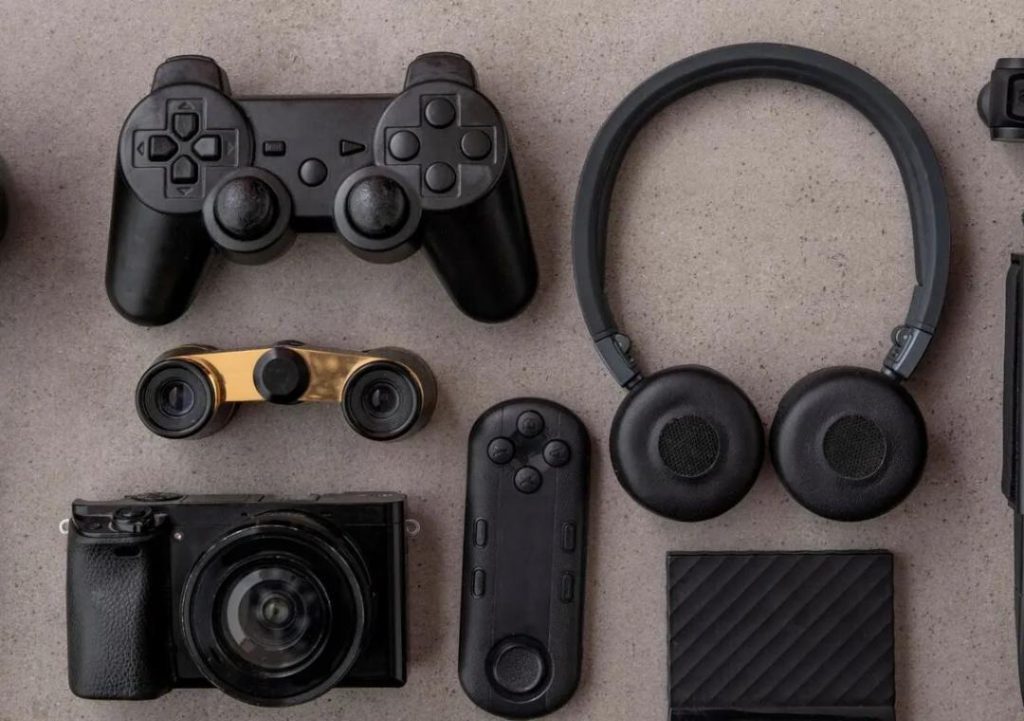
Innovations in the Fast-Moving Electronics Market, Say Experts
The fast-moving electronics (FMEG) market is known for its rapid pace of innovation, with new products and technologies emerging at an unprecedented rate. As experts in the field predict, the market is poised to continue its upward trajectory, driven by increasing demand for smart-home integration, energy-efficient appliances, and modular designs. In this article, we’ll explore the key innovations shaping the FMEG market and what they mean for manufacturers and consumers alike.
Smart-Home Integration: The Future of Electronics
Smart-home technology has become a staple of modern living, with consumers increasingly seeking products that can seamlessly integrate with their existing smart devices. For electronics manufacturers, this means developing products that are compatible with popular smart-home platforms, such as Amazon Alexa and Google Assistant.
One company that has successfully leveraged smart-home integration is Sonos, a leading provider of wireless speakers and home audio systems. Sonos has developed a range of products that can be controlled using voice commands, integrating with popular smart-home platforms to provide a seamless listening experience.
Energy-Efficient Appliances: A Growing Concern
As concerns about climate change and sustainability continue to grow, consumers are increasingly seeking energy-efficient appliances that can help reduce their environmental footprint. For electronics manufacturers, this means developing products that are not only energy-efficient but also aesthetically pleasing and easy to use.
One company that has successfully addressed this concern is LG, which has developed a range of energy-efficient appliances, including refrigerators, washing machines, and air conditioners. LG’s energy-efficient appliances are designed to reduce energy consumption while maintaining performance and reliability.
Modular Designs: The Future of Electronics Manufacturing
Modular design is another innovation that is transforming the FMEG market. By designing products with interchangeable components, manufacturers can reduce waste, improve sustainability, and increase customization options for consumers.
One company that has successfully implemented modular design is IKEA, which has developed a range of modular furniture products that can be easily assembled and disassembled. IKEA’s modular design approach has reduced waste and improved sustainability, while also providing consumers with greater flexibility and customization options.
Global Demand: Steady Growth and Increased Competition
As the FMEG market continues to grow, manufacturers are facing increased competition and pressure to innovate. According to a recent report by Growth Jockey, global demand for FMEG products is projected to grow steadily over the next five years, driven by increasing demand for smart-home integration, energy-efficient appliances, and modular designs.
However, this growth comes with challenges, including increased competition and pressure to reduce costs while maintaining quality and innovation. To stay ahead of the competition, manufacturers must prioritize product development, invest in research and development, and focus on building strong relationships with consumers and suppliers.
IoT, Renewable Compatibility, and Quick Iteration: The Key to Success
So, what sets apart the winners from the losers in the FMEG market? According to experts, it’s the ability to embed IoT, renewable compatibility, and quick iteration into products. By incorporating these innovations, manufacturers can create products that are not only more sustainable and energy-efficient but also more customizable and adaptable to changing consumer needs.
One company that has successfully embedded these innovations is Samsung, which has developed a range of IoT-enabled products, including smart TVs, refrigerators, and washing machines. Samsung’s IoT products are designed to integrate seamlessly with other smart devices, providing consumers with a seamless and connected experience.
Conclusion
The FMEG market is evolving rapidly, driven by increasing demand for smart-home integration, energy-efficient appliances, and modular designs. As manufacturers, it’s essential to prioritize innovation, invest in research and development, and focus on building strong relationships with consumers and suppliers.
By embedding IoT, renewable compatibility, and quick iteration into products, manufacturers can create products that are not only more sustainable and energy-efficient but also more customizable and adaptable to changing consumer needs. As the FMEG market continues to grow, it’s clear that innovation is no longer optional – it’s a requirement for survival.
News Source:
https://www.growthjockey.com/blogs/innovations-in-fastmoving-electronic-goods-market






